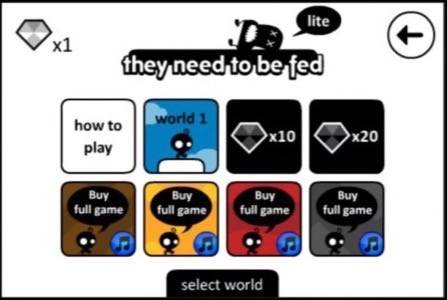
Last week in Anaheim, in amongst the crowd of developers at Microsoft’s Build 2011 conference assimilating the news about Windows 8, was a team from a London, U.K.-based company called YoYo Games. In 2000, that company released an interesting entry-level game development and distribution platform called, quite simply, GameMaker. Following in the hallowed footsteps of the great computer game platforms of the 1980s and ’90s, it introduced a stand-alone interpreter whose language borrowed a bit from Pascal.
But in the modern era, stand-alone interpreters mean plug-ins; and the handwriting on the wall from Build 2011 was that plug-ins like Silverlight are yesterday’s news.

Inspired by what they’ve seen, YoYo is moving full-ahead today with a public commercial release of a beta of a new version of the GameMaker platform that makes the full transition to HTML5. There’s no plug-ins and no interpreter or managed code; instead, there’s JavaScript. And the games this IDE produces runs in everyday Web browsers without embellishment… and perhaps most importantly, without Flash.

To a limited extent, it’s a move away from the platform that put YoYo in business. But in an interview for PocketGamer.biz published today, YoYo CEO Sandy Duncan said it was time to take advantage of what he perceives as a decline in the popularity of Flash-based games. With competitors such as Zynga having already made fortunes from the Facebook Platform (YoYo has a presence there too with enticing titles such as “They Need to Be Fed”), Duncan said HTML5 could give games that had already been developed for Flash “a new lease on life.”
“I expect we’ll see a resurgence of existing browser game Web sites such as Miniclip as well as the emergence of new ‘stores’ which will deliver HTML5 content,” Duncan told PocketGamer.biz. “Facebook is the company to watch in this area; we believe it can rival any platform. However, it needs to get its act together providing a much better consumer and developer experience by supporting discovery in a more imaginative way.”
By “discovery,” Duncan means the ability for the platform on which apps and games are built, to reveal their wares to potential users in an interesting manner. Up until very recently, HTML5’s ability to provide discovery was perceived as poor. Game portal sites such as Miniclip remained devoted to Flash, while HTML5 counterparts struggled for recognition on app stores where users have to peruse multiple tiers of menus to find anything at all.

But Microsoft’s prototype of the Windows 8 Start Screen has changed that analysis, and quite quickly. However you perceive its implementation (I’m already on record as believing it can and should be reworked), the Start Screen’s bright, bold tiles are giving HTML5 developers new cause for hope. Metro tiles can update their own content based on fresh feeds from the Web. Imagine a big tile that scrolls itself to reveal new HTML5 games in the queue. They wouldn’t necessarily have to be directly installed on the Start Screen to be seen – or rather, to be discovered by users.
Beta testing for GameMaker:HTML5 is officially closed to new applicants now, although the beta platform is available from YoYo Games for a discounted price of $99.

















